The NFU's work on Brexit during 2017:
JANUARY
Nick von Westenholz takes up his position as Director in NFU’s newly created EU Exit and International Trade Team.
╗╩╝Ď╗¬╚╦gave evidence at the Department for Work and Pensions Select Committee, stressing the need for farming to have access to reliable and competent workforce.
A lunch event held in Westminster saw 20 cross-party MPs come together with NFU board chairs to pledge their support for farming and work in Parliament to secure the best outcome for it.
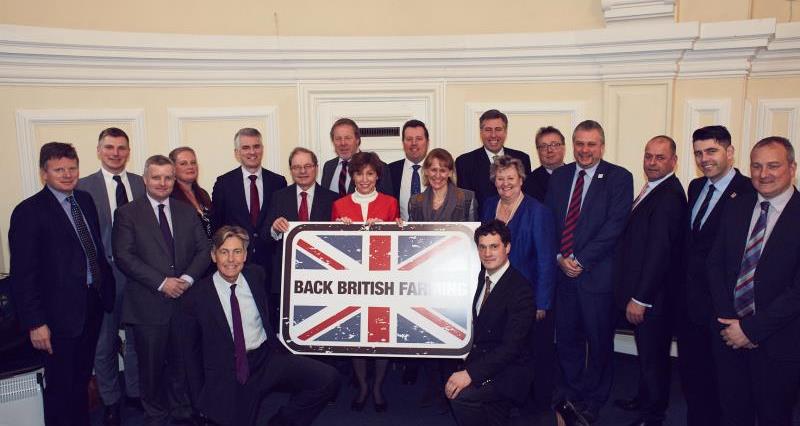
FEBRUARY
The first of the Farming Roundtables are held to bring together all major UK farming organisations to coordinate a single, strong voice. The NFU’s Deputy President Minette Batters chairs it.
NFU Conference 2017, Ingredients for Success, sees Defra Secretary of State Andrea Leadsom address the hall on the potential positive changes to agricultural policy that Brexit could bring.
In his speech to the conference, NFU President Meurig Raymond outlines the four main areas of impact and opportunity in Brexit for farming: Trade, Labour, Domestic Agricultural Policy and Regulation.
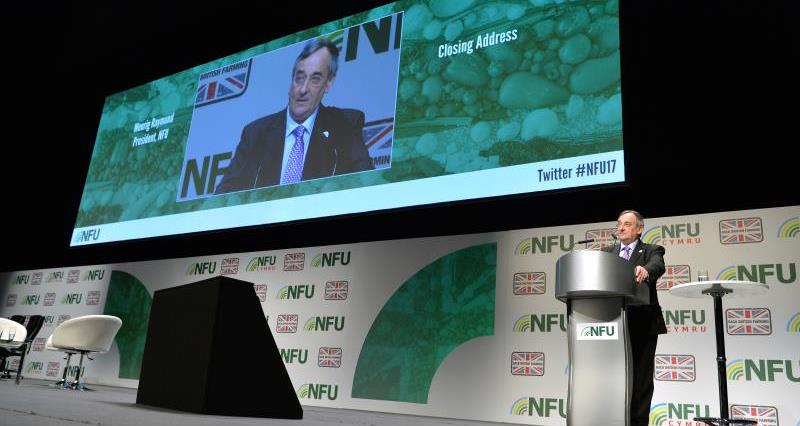
MARCH
╗╩╝Ď╗¬╚╦launches its first Vision for the Future of Farming papers on a New Domestic Agricultural Policy. It underlines that future policy should be built around the three cornerstones of improving productivity, managing price volatility and rewarding and enhancing actions for the environment.
In PMQs, Theresa May is asked about the future of agriculture in the UK, as part of her response, Prime Minster pledged that “we will continue to back British farmers”.
At the end of the month the UK formally triggered Article 50, starting a two year process in which the country would negotiate its withdrawal from the EU. The four UK farming unions issue a joint statement calling for a strong and common UK agricultural framework and budget post-exit.
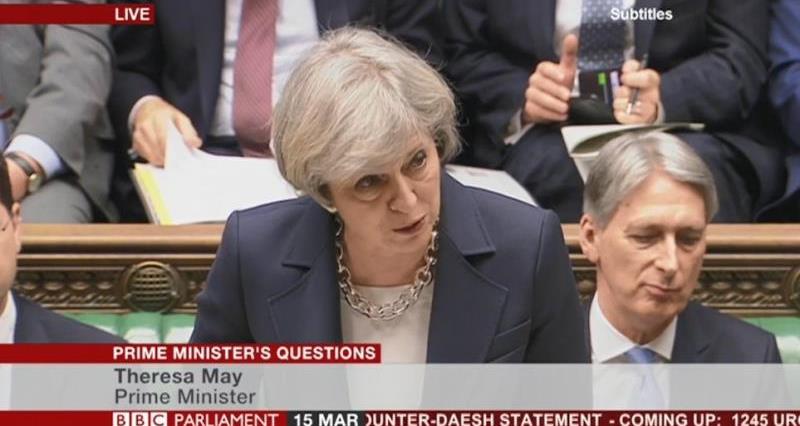
APRIL
On the back of the call for a snap-election, the NFU launches its manifesto for the next Government, outlining important actions on Brexit, supply chain fairness and caring for the countryside.
╗╩╝Ď╗¬╚╦holds discussions with the Secretary of State for International Trade, Liam Fox.
Lucia Zitti joins the “Brexit team” after a number of years in the NFU’s lead adviser on International Trade in the NFU’s Economics team.
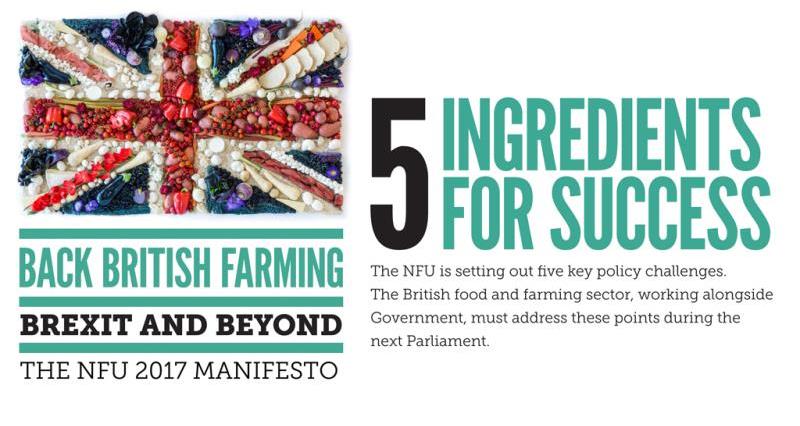
MAY
Showing the NFU’s expertise is valued beyond the UK, the NFU’s Director of Strategy Martin Haworth gives evidence on UK farming Brexit concerns to the German Parliament’s Economic Committee on Foreign Trade.
The Secretary of State for Exiting the EU, David Davis is met on farm by NFU members in Yorkshire and in London the NFU holds talks with senior officials of the Irish Department of Agriculture.
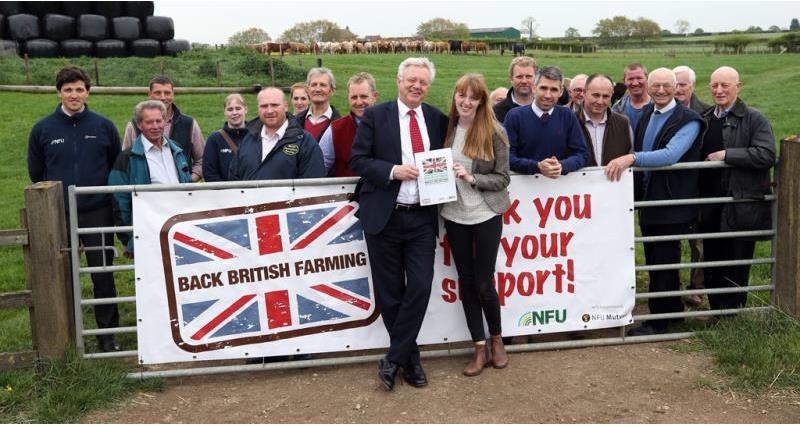
JUNE
╗╩╝Ď╗¬╚╦launches the second of its Vision documents on International Trade. It stresses the need for as free and frictionless trade with the EU as possible and balanced future trade deals that seek opportunities for British agriculture.
Following the General Election, Michael Gove is appointed the new Secretary of State for Defra. ╗╩╝Ď╗¬╚╦sends and open letter congratulating Mr Gove on his appointment and sharing our ambition for the future of the sector.
Tom Keen takes up his position in the Brexit team after two years in the NFU’s Brussels office.
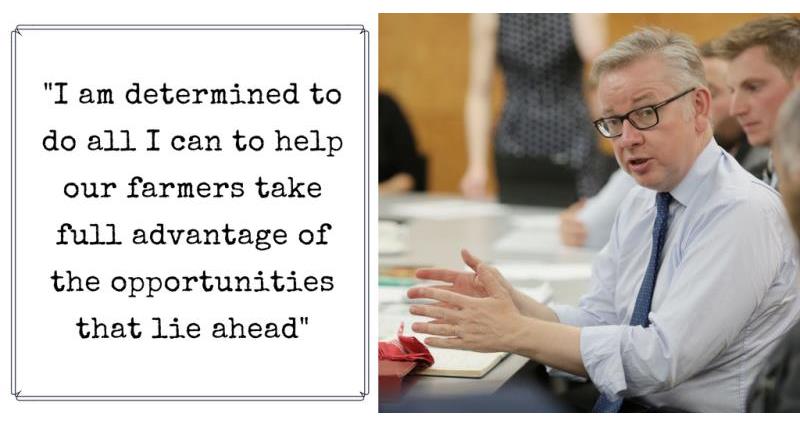
JULY
╗╩╝Ď╗¬╚╦publishes its third Vision paper on the need for the industry to have access to a reliable and competent workforce. It demonstrates the importance of EU nationals in the entire UK food chain and lays out practical policies on how such a workforce can be made available.
The Immigration Minister Brandon Lewis is met by the NFU to hear concerns over the sector’s labour requirements. This comes after the announcement that the Government has directed the Migration Advisory Committee to conduct an in depth review on the role of EU nationals in the UK labour pool.
The NFU Brexit team spends two days in Geneva meeting WTO officials and representatives of the governments of the USA, Australia, New Zealand and Brazil as well as the UK Ambassador in Geneva.
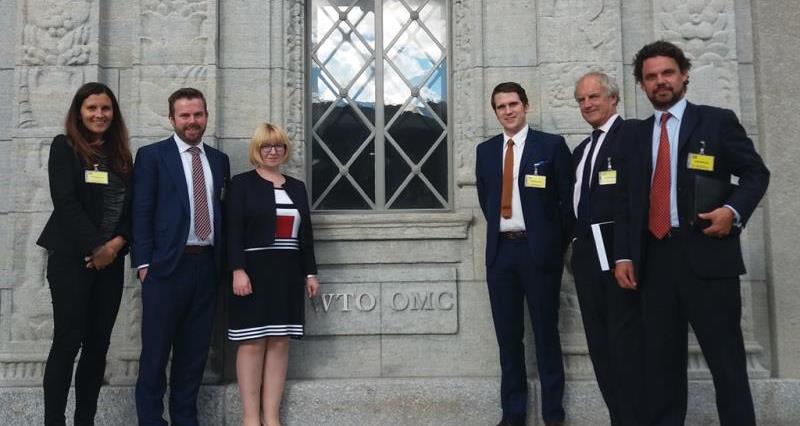
AUGUST
The fourth Vision document is released called A Regulatory Regime that’s fit for Purpose. It outlines the opportunities for better, smarter regulation for farming in the future while maintaining high standards for the environment, animal welfare and public animal and plant health.
As discussions on the UK;s future trading arrangements heat up the NFU strongly criticises the notion of “free trade at all costs” and puts forward its view on the future of import quotas on products such as New Zealand lamb and US beef.
Gail Soutar joins the Brexit team as the Chief Adviser and brings it up to full strength. This is after time as Chief Economics and Internal Affairs Adviser for NFU and Director of the Brussels office.
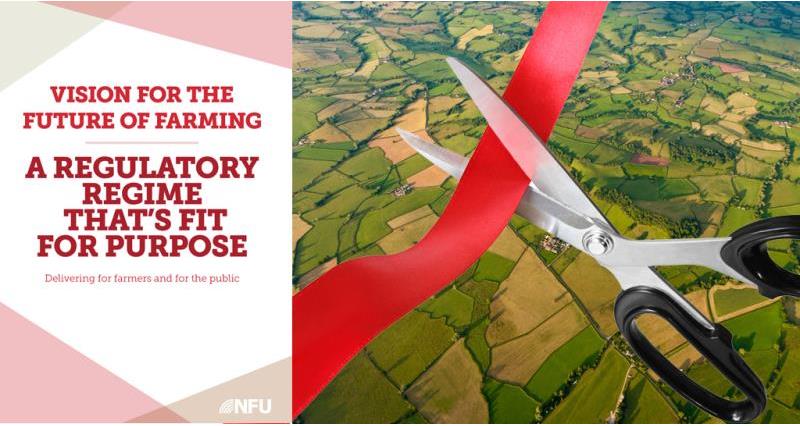
SEPTEMBER
After successive rounds of EU-UK Brexit talks amount to little clear progress, the Prime Minister publicly sets out her ambition for an “implementation period” between the UK leaving the EU and it beginning a new relationship. ╗╩╝Ď╗¬╚╦welcomes the move, but calls for more clarity on the period itself.
Ahead of its formal submission, the NFU organises a roundtable discussion between operators across the entire food production chain and the Migration Advisory Committee so that the body hears important evidence first-hand.
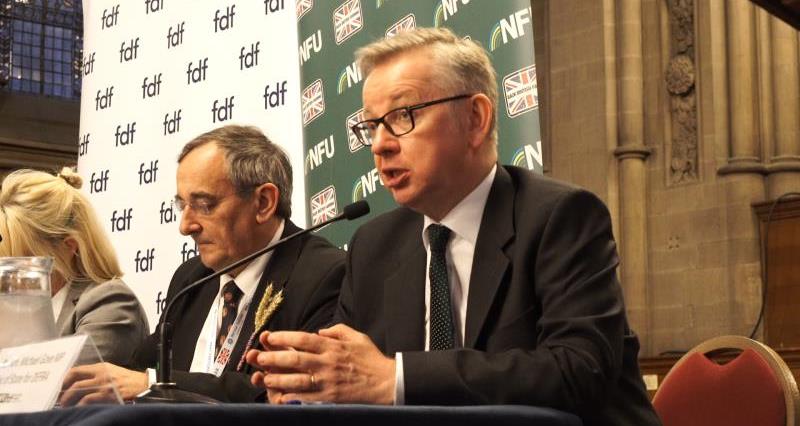
OCTOBER
A fifth Vision paper is published by the NFU, this time of the details for a future Domestic Agricultural Policy and suggestions for how to transition towards it. Actual policy measures are laid out under the three cornerstones of productivity, volatility and the environment.
With the domestic policy vision published, and new analysis on potential Brexit impacts completed by the AHDB, the Brexit team heads out to the membership. 18 joint regional meetings are attended by hundreds of members to discuss the latest expert analysis and policy development.
Key politicians continue to be met with the NFU’s Next Generation Forum holding a substantial discussion with Michael Gove on future policy and the NFU Director General Terry Jones meeting the Immigration Minister Brandon Lewis on farm in Cambridgeshire.
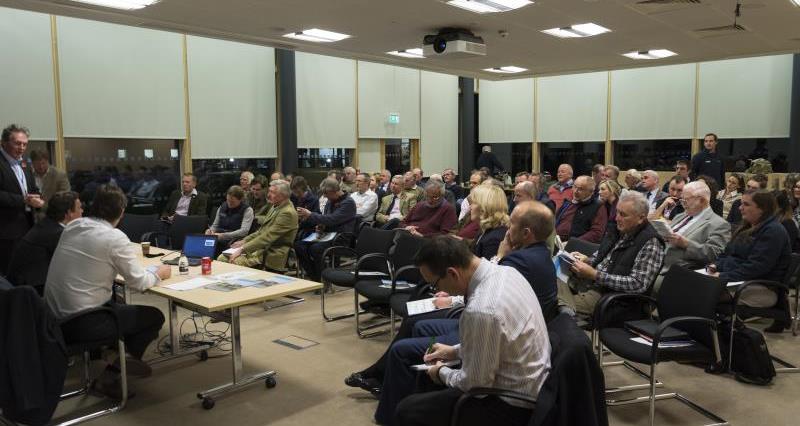
NOVEMBER
New Bills on future UK trade and customs arrangements are published by the Government. The Brexit team publishes a sector by sector analysis of potential implications of different outcomes of trading arrangements and on the Bills themselves.
Throughout the month the team submits NFU responses to various Parliament committees on the impact of Brexit on the sector and various future trade arrangements. This includes the team’s Director, Nick von Westenholz, giving aural evidence to the International Trade Select Committee on UK-US trade.
The former UK Representative to the EU, Sir Ivan Rogers, gives the inaugural NFU Henry Plumb Lecture, providing expert insight into the challenges facing the country during Brexit and opportunity that developing a new agricultural policy presents.
DECEMBER
Director of EU Exit & International Trade Nick von Westenholz gives evidence at a key hearing of the Environment, Food and Rural Affairs Parliamentary Committee as it puts together a report to shed light on what Brexit will mean for trade in food. This will provide MPs in Parliament with vital information as they shape future UK trade policy during and post-Brexit.
With Brexit negotiations moving from Phase I to Phase II in mid-December, the EU Exit team presented analysis and insight into what this milestone could mean for farming.
╗╩╝Ď╗¬╚╦once again brought together the Farming Unions from Scotland, Wales and Northern Ireland to discuss and coordinate strategy for the coming year demonstrating the need for and value of a united UK approach to future trade and agricultural policy.
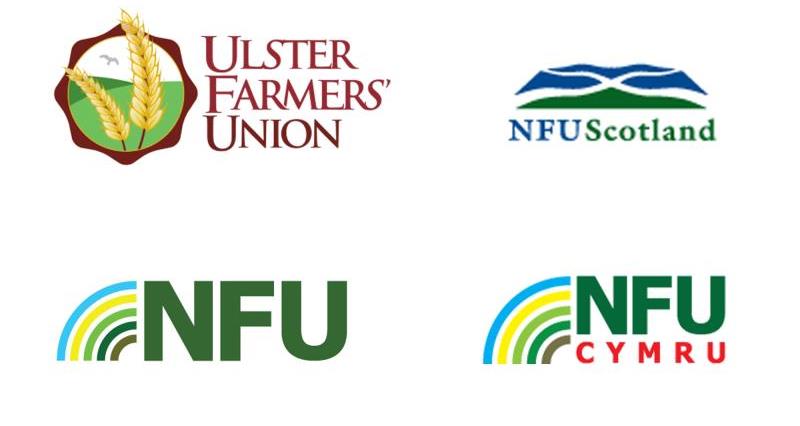
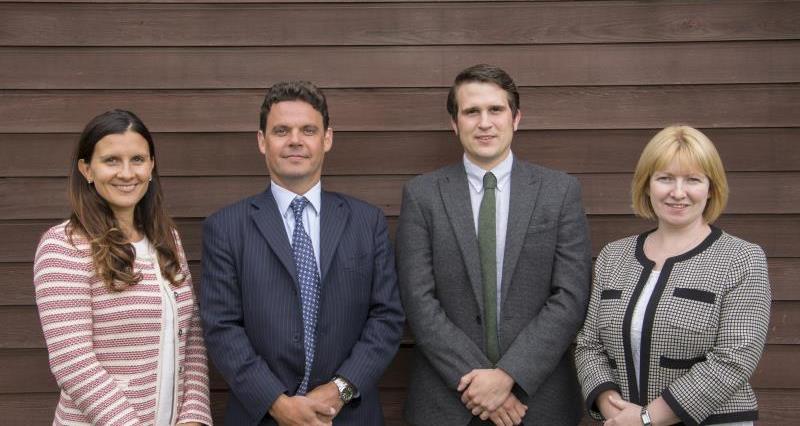
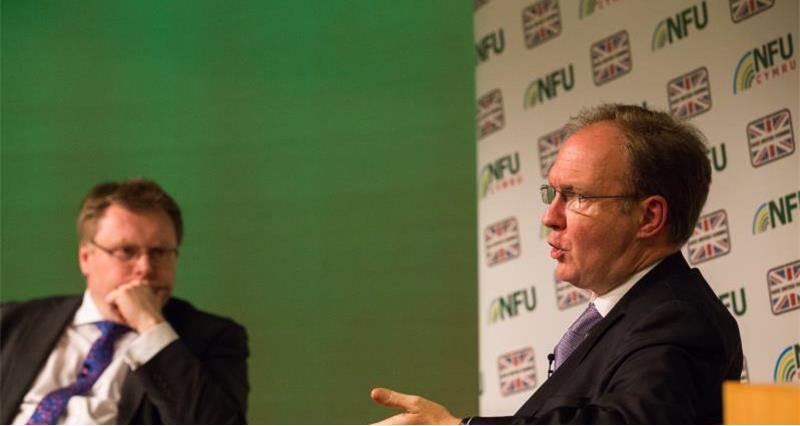 ?
?